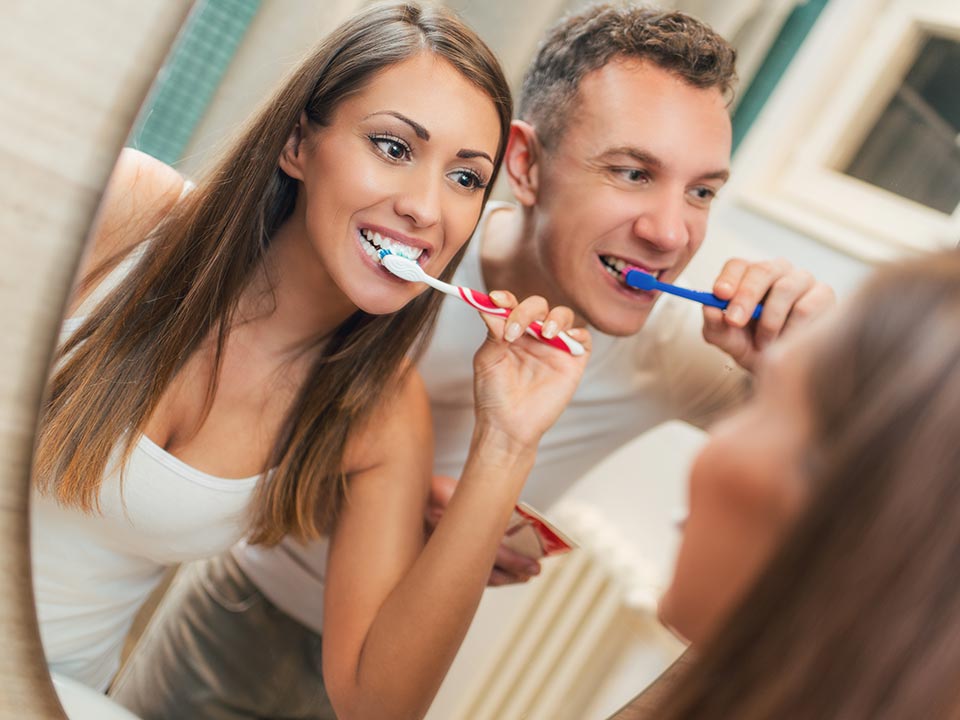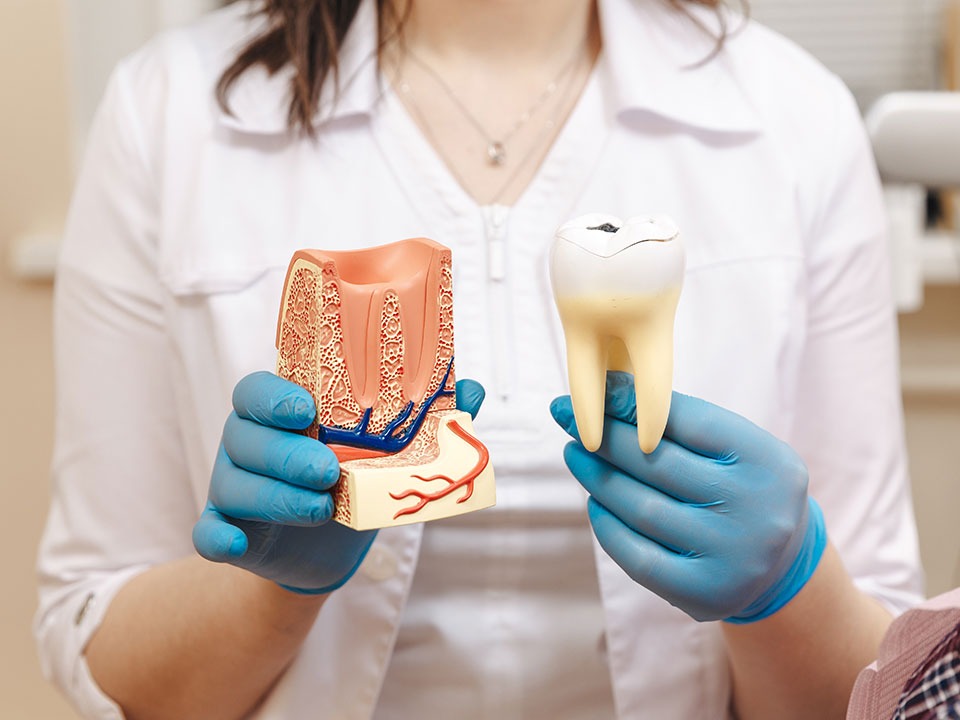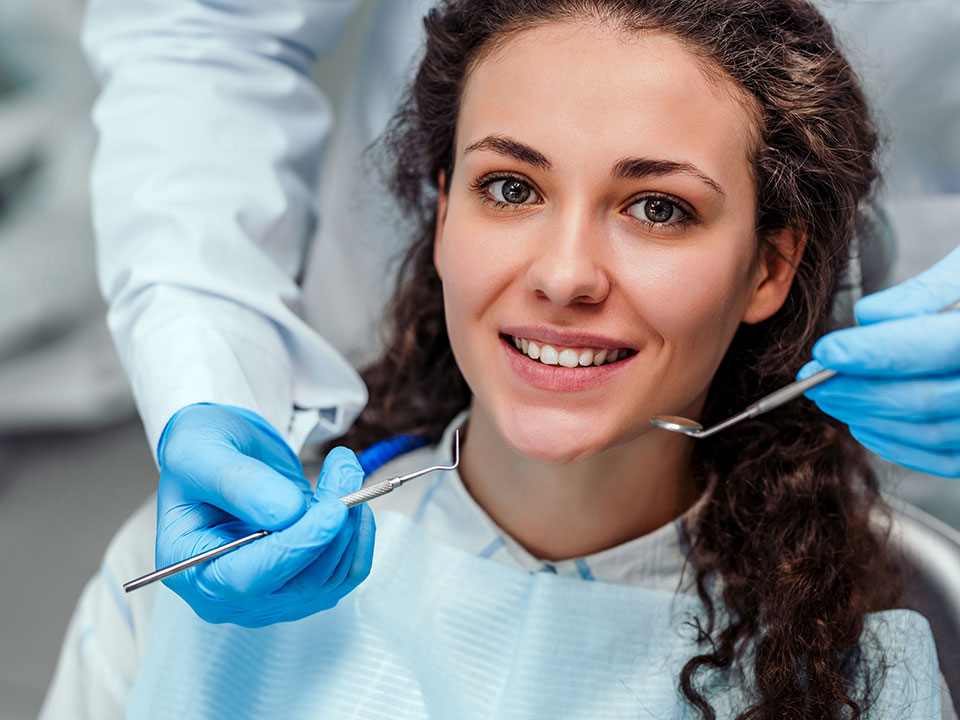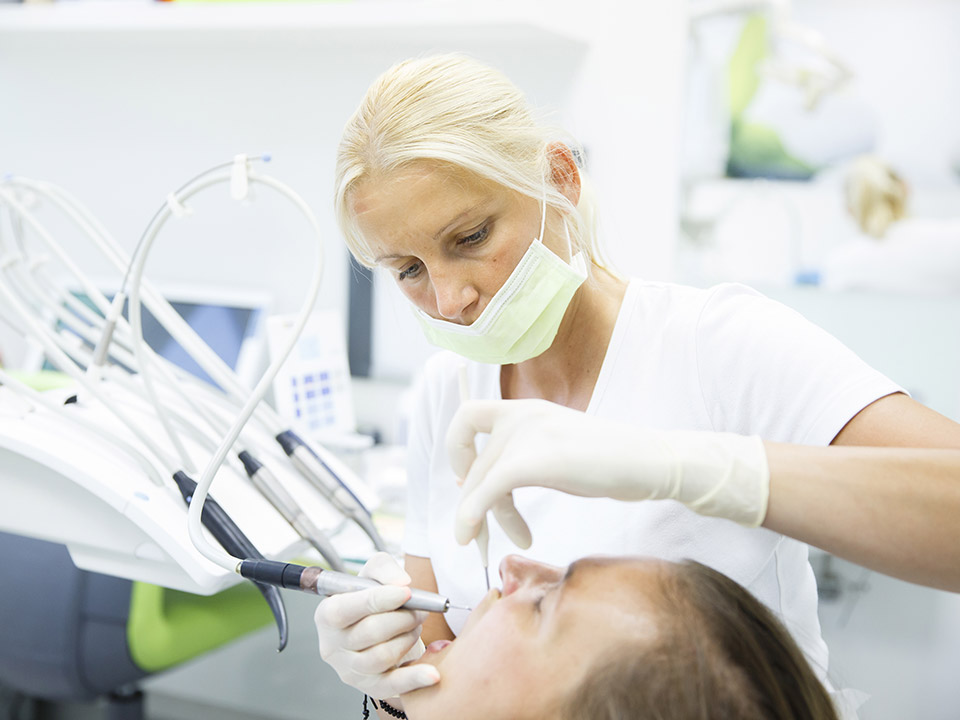Changing your toothbrush is always good practice for maintaining oral hygiene. But do you know why?
Brushing teeth and flossing are good ways to prevent cavities and dental diseases. However, toothbrushes should not last forever. Manufacturers and orthodontists often recommend replacing toothbrushes after three to four months of use.
There are multiple reasons why you should replace your toothbrush. In some cases, it is even safer to change it sooner. Replacing your toothbrush might prevent infections, improving your dental and overall health.
When Should You Replace Your Toothbrush?
The Centers for Disease Control and Prevention (CDC) recommends that you should always swipe your toothbrush for a new one after 12 to 16 weeks.
After prolonged use, the brush’s bristles become softer and worn out. As bristles fray, they become less effective in removing plaque and bacteria in your mouth. This increases the chances of getting gum disease and tooth decay.
In addition, you would be surprised by the number of harmful bacteria that can get stuck between the soft bristles of your brush. Though cleaning your brush helps, it does not permanently remove all that plaque and dirt build-up.
Once you see that the bristles are worn out, you do not have to wait to change your toothbrush. Replacing your brush earlier will ensure that your teeth are always in their best health.
Types of Toothbrushes
There are two main types of toothbrushes. It is up to you to select the brush that makes you comfortable, depending on how regularly you brush your teeth.
Manual Toothbrush
Manual toothbrushes are the most common toothbrushes. They are easy to carry and store. In addition, they are less expensive, making them ideal for most people.
Manual toothbrushes also give you complete control of the amount of pressure you apply to your teeth. This makes it easy to massage your teeth and gums when cleaning them. Likewise, you do not have to worry about the battery running out, so you can take your time brushing.
Manual brushes vary in size, shape, design, and bristle stiffness. With the wide variety, you can choose the type of toothbrush appropriate for you or your child.
However, you must be careful with the pressure you apply when brushing. Too much pressure on the teeth and gums can cause enamel erosion, tear your gum, and sensitivity.
Electric Toothbrush
Electric toothbrushes are the second alternative. Electric brushes have vibrating and isolation bristles that allow micro-movements every time you turn them on. The brush is powered by electricity or batteries.
Electric toothbrushes do the work for you. They are effective in removing plaque and food debris from your mouth. Just move the brush around your mouth, teeth surfaces, and gums.
In most cases, electric brushes are popular among patients and people with limited mobility. This includes people with:
- Arthritis
- Development disabilities
- Carpal tunnel
- Parkinson’s
- Stroke
Additionally, electric brushes are suitable for people who have dental implants and braces. The small micro-movement of the bristles is gentle enough on your teeth and easily removes plaque between the device. Your children can use electric toothbrushes under supervision.
Many electric brushes have a sensor that alerts you if you are using too much pressure when brushing. This is ideal for reducing trauma on your gums or teeth.
However, electric brushes are a bit more expensive than manual ones. In addition, electrical brushes do not have as much variety, making it challenging to find the ideal toothbrush that suits you.
Should I change my Electric Toothbrush?
Just like other toothbrushes, electric toothbrushes should also be replaced regularly. Most manufacturers recommend changing the toothbrush after three to four months.
Reasons To Change Your Toothbrush Sooner
Apart from your bristles being frayed, there are other reasons you should change your toothbrush sooner.
If you have gum problems
Your toothbrush might cause gum problems. Stiff bristles might tear sensitive tissues away, leading to gum bleeding, inflammation, and severe pain. Replacing your toothbrush might be a good option to retain your smile.
If you suffer from a viral infection
It is easy to get a cold or flu from reusing the same toothbrush when you have an infection. If anyone in the family suffers from viral infections, you should consider getting new brushes.
If you have a bacterial infection
Using the same toothbrush can also result in a bacterial re-infection. It is always safer to get a new toothbrush.
If you are recovering from surgery
After surgery, you should always replace your toothbrush after a few days because, during recovery, you are highly susceptible to infections.
But it is always necessary to consult your physician or dentist about any conditions or medical procedures you undergo.
What To Look for In a Toothbrush
Everyone has a different jaw and teeth structure. Finding a toothbrush that meets your needs and cares for your dental health is essential. Here are some tips that can help you find your ideal toothbrush.
Manual or Electric
As stated above, there are multiple advantages to using both manual and electric toothbrushes. However, the difference between the two is the price and their varied range of options. Whichever toothbrush you opt for, brushing consistency is key.
Bristle stiffness
The level of stiffness in your bristles can determine how healthy your teeth get. Stiff bristles can be hard on your gum and teeth, leading to trauma and dental complications. Most dentists recommend soft bristles for more effective plaque removal while protecting your gums.
Toothbrush Head
You should consider the size of your jaw and mouth. Finding the right toothbrush head will help you quickly reach the back of your mouth without a hassle.
In addition, toothbrushes also have different tapered heads. The tapered head only enhances your comfort when trying to reach those problematic areas in your mouth.
Think About the Grip
Lastly, having a good grip on your toothbrush gives you better control when brushing. Thicker handles with rubber grips give you a firmer hold without any mobility issues.
Using an old toothbrush can harm your oral health. All About Smile Dental Group is here to help if you have trouble replacing your toothbrush. We will recommend the appropriate brush size that will fit your mouth.







